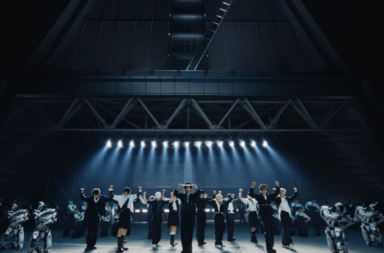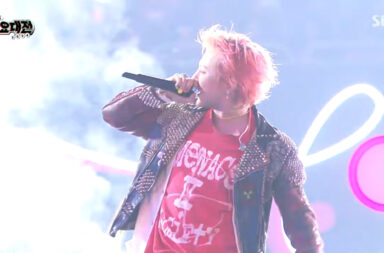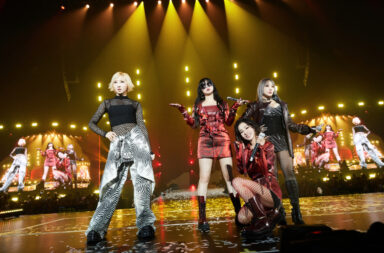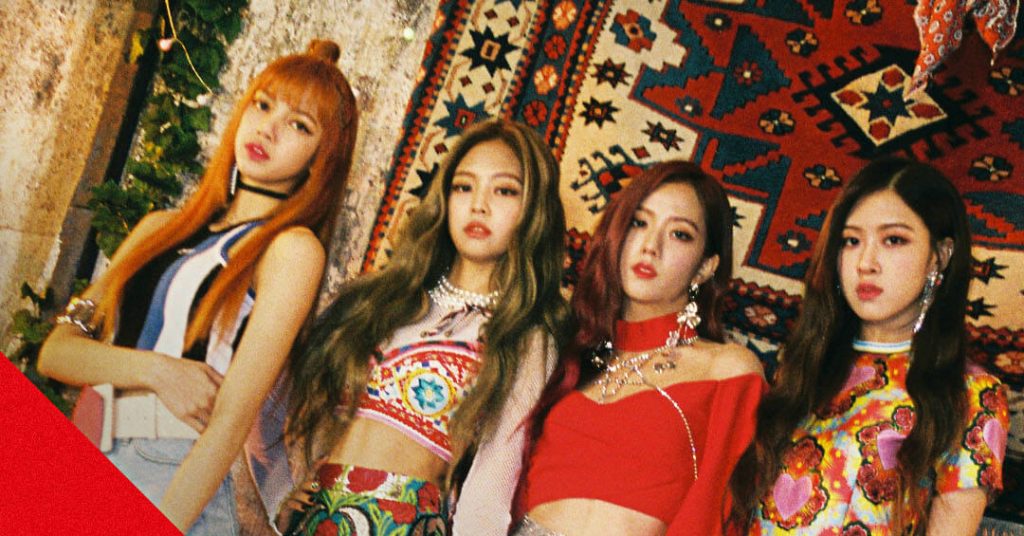
The girl crush concept — over the last decade K-Pop has exploded in girl group debuts identifying with this concept. The music associated with this concept generally concerns the rejection of societal norms regarding how a woman should look and act.
This concept is bold, empowering, and unapologetic. It is meant to be relatable as it responds to the common issues plaguing the modern woman. Coincidentally, there has been a dramatic rise in South Korea’s feminist movements. South Korean women are fighting for their rights and equality in a society with roots in patriarchy. It is likely that in the approaching years, the girl crush concept will play a vital role in empowering and changing the role of women in society.
Ronald Urbina, Tarabu
Throughout time, many different music genres have been established in response to its environment. Each music genre developed is a collective sound connecting a group of people through social movements or shared experiences.

One of the greatest examples of this is the musical developments during the second half of the twentieth century in the United States. Each decade is known to have a definitive sound. The 1950s had rock and roll, blues, jazz, and doo-wop. These music styles reflected a seed planted, signalling a shift in societal beliefs and a change which would eventually culminate in the Civil Rights Movement. These genres popularized African-American music and paved the way for many African-American musicians to receive commercial success.
The 1960s saw an exploration in rock music. Rock music of that time period especially expressed a rebellious attitude, i.e. The Vietnam War and the rebellion against the government in the name of peace and freedom. The music of the 1970s expanded into funk, soul, R&B, soft rock, disco, and hip-hop. These genres can be viewed as the yin to the rebellious nature of the 60s, the yang. The music genres of the 70s were developed from a need to let go of the anger that plagued preceding decades and to enjoy life. The 1980s saw music that grew into alternative rock, heavy metal, new wave, and more. The 1990s blended genres such as neo-soul, hip-hop soul, and g-funk. The list goes on, but the overarching point of this is that music is a mirror on society and the values of its time.
In modern day South Korea, societal tensions have been rising due to feminist movements. For thousands of years, women have been subjected to sexual harassment and unfair treatment. Women believed they were isolated as victims, but through modern technology, social media, and movements such as #MeToo, women from all over the world have been given an uncensored platform to share their stories. Women are becoming more vocal because they know they are no longer alone as victims.
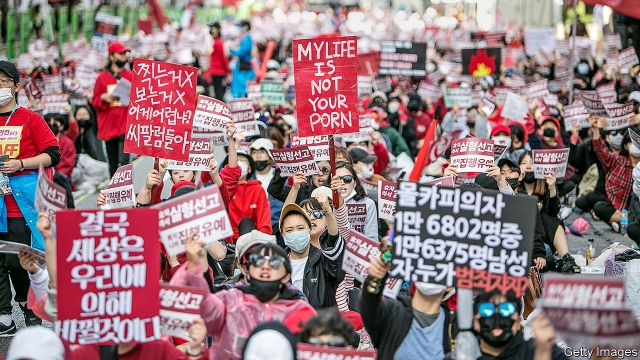
Thousands of South Korean women have taken to the streets to protest for the rights over their own body, as well as to fight against hidden spy cam pornography, victim shaming, unrealistic beauty standards, the gender wage gap, and more. However, even with such collective movements, most women protest anonymously in fear of more severe harassment or repercussions. In a interview with Quartz News, women participants shared that a comrade was fired from her job for taking part in a protest. They live in constant fear of the death threats, including men threatening to pour sulfuric acid on them.
Female K-pop idols have also faced threats from actions that seem harmless to international fans. In February of 2018, Apink’s Naeun posted photos of herself at a restaurant with a phone case cover that read “Girls can do anything.” Afterwards, she was criticized for promoting feminism. The scale of complaints caused her to delete the photos and Plan A Entertainment proceeded to issue a statement clarifying that the phone case was merely a gift. Later that year, Red Velvet’s Irene was asked during a fan meeting what book she was reading. Irene mentioned she was reading Kim Ji Young, Born 1982, a feminist novel. Male fans retaliated by posting images or videos of themselves burning the idol’s images.
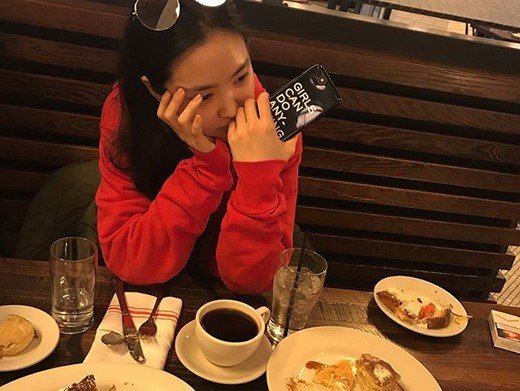
Our latest example of how normalized the abusive treatment of women can be is through the explosive scandal that started with Seungri. This scandal involves a large number (let’s be honest, one is already too many) of celebrities discussing and taking part in immoral behavior that dehumanised females into objects for playing.
So finally, how does K-pop come to play?
In 2009, 2NE1 debuted and lead the market for the girl crush concept. Their debut came at a time when the market knew only of sexy or cute girl groups and needed something different. Their music deviated from the typical lyrical narratives about being shy around a crush to narratives about deep emotional connections. Their songs spoke about insecurities and acceptance for the skin they were born in. Their image was not pretty, it was real. 2NE1 was ahead of their time and were still wildly successful for being ahead of their time.
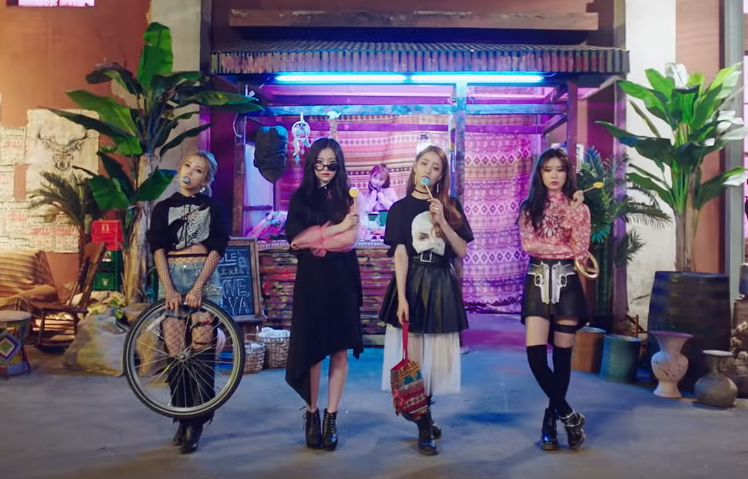
A decade has passed and girl crush groups are dominating the charts. Last year, (G)I-dle made their debut and coming from an entertainment company that is not one of the “Big 3,” they shocked the K-pop world with their first music show win 20 days after their debut. Black Pink, little sister group to 2NE1, earned their first music show win within 13 days. This year, JYP Entertainment debuted their group Itzy and Itzy received their first win within 9 days. CLC was a struggling group switching from concept to concept, but in embracing the girl crush concept with their latest single “No,” they finally received their first music show win, 4 years after debut.
The target group of girl crush concepts is clearly females. Demographic surveys confirm females make up approximately 60% or more of the fan base for each individual group. Compare that to a girl group marketed with a cute concept, i.e. GFriend with a fan base that is divided 50-50, or Twice, who has an higher male fan base at 59%. Females are driving the demand for the girl crush concept.
The lyrical content of these songs follow the girl crush concept mold for being bold and upbeat. Lyrics comprise of women marking their stance in the relationship, rejecting love, or rejecting their image.
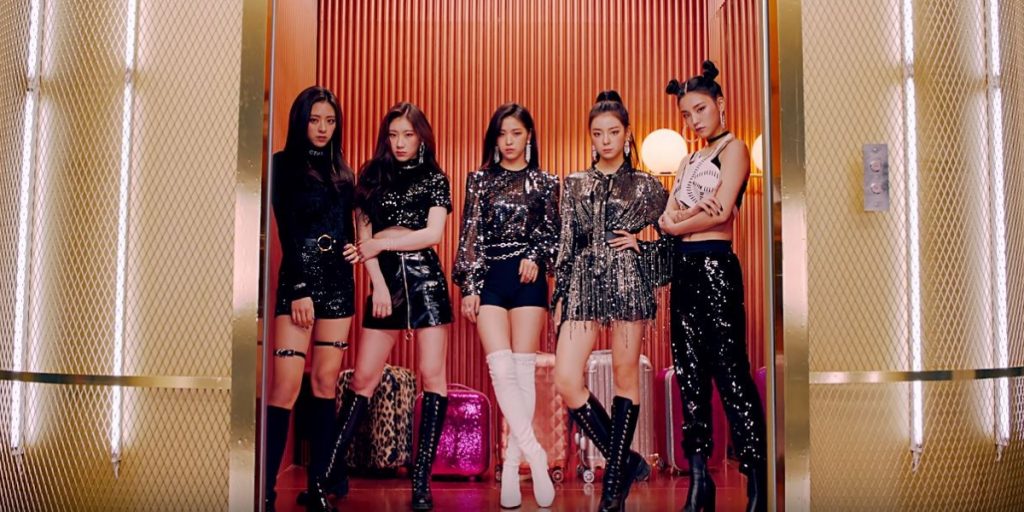
(G)I-dle’s songs, mostly written and produced by leader Jeon Soyeon, are consistently about bold proclamations to the male figure that “Yes, you may approach me.” Black Pink’s latest release, “Kill This Love,” begins with horns as a declaration of war against love. Despite the disjointed instrumental, the lyrics depict a woman’s determination to move on as opposed to feeling sorry for herself. Itzy’s debut song, “Dalla Dalla,” is all about being different as they embrace their individuality:
Just pretty but not attractive at all
I’m different from the kids
I’m different
Don’t measure me by your standards alone
I love being myself, I’m nobody else
I’m different
Itzy’s message sings out in support to all the women who decide to do something different.
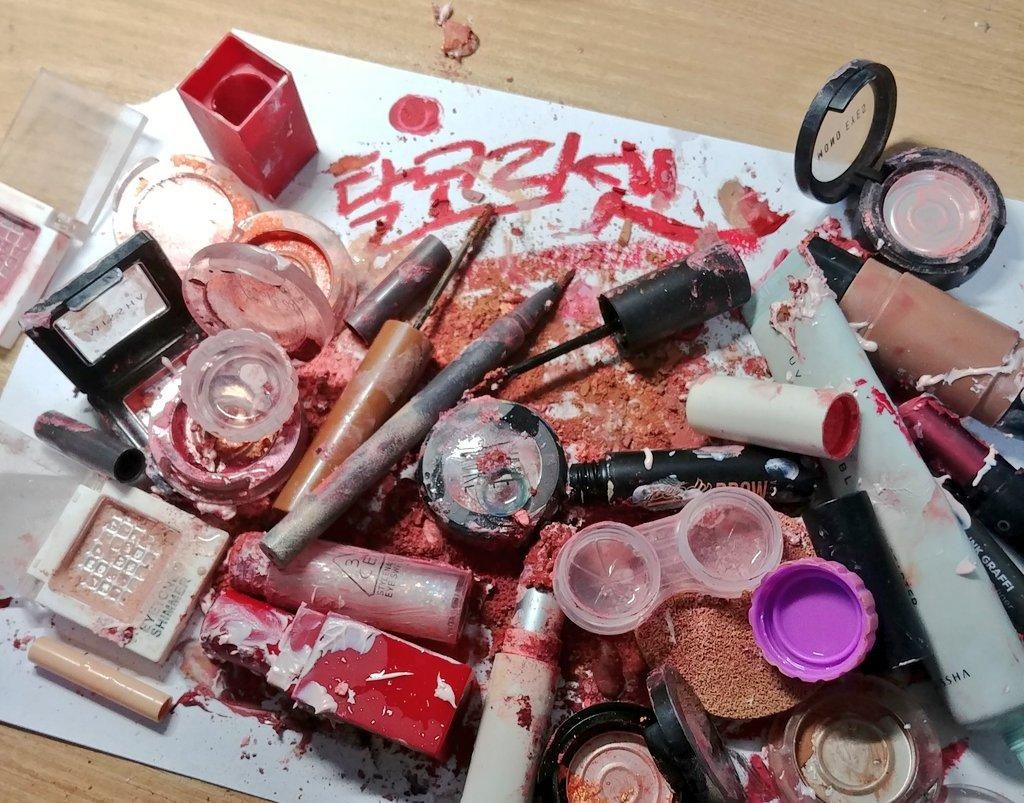
“Cutting the Corset” is one of the most recent social media protest efforts. It is no secret that South Korea is the plastic surgery and beauty product capital of the world. Women are expected to have flawless skin and wear makeup even when running a quick errand. But! It must all look naturally beautiful or you will not be good enough. With “Cutting the Corset,” women have been posting themselves destroying those “appearance-corsets” society has set upon them. Pictures consist of makeup being thrown away, as well as women cutting their long hair and going about their day bare faced.
During the time when “Cutting the Corset” was ongoing, CLC’s song “No” made it’s appearance. “No” is about the rejection of all things expected to be beautiful. Lip stick, earrings, high heals, handbags all are being rejected with a firm “No”:
Forget basic things like that
Bring me something else, something most suited for me
Forget ways to look more “beautiful”
Screw how you feel, so “I” can look more like “me”
At first glance, this concept has a very powerful message. However, it should be noted that the girl crush concept is still young, just entering its pre-teens. In the industry, the girl crush concept is still limited and superficial at its core.
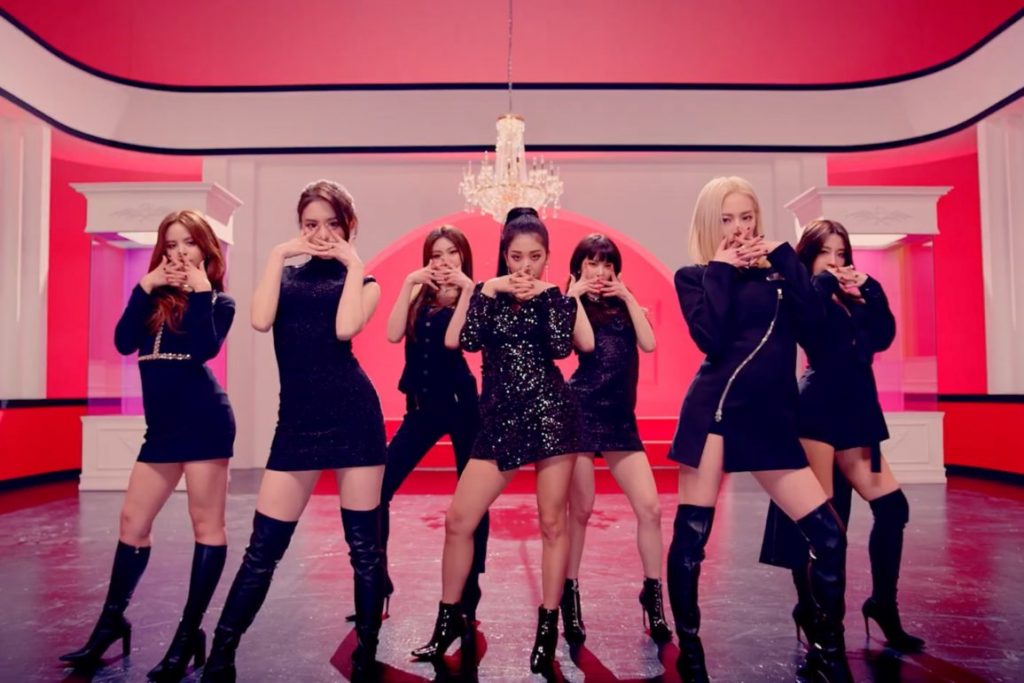
These are idol groups after all and the girl groups must look the idol part. Even though CLC made such bold statements in “No,” there were still questions and criticisms as to why they were so dolled up themselves. YG Entertainment CEO Yang Hyun-suk has called 2NE1 “really ugly” on multiple occasions and mentioned Black Pink is meant to be a prettier 2NE1. The powerful image Black Pink presents to the world is the concoction of a company riddled in scandals and pushed forward by a CEO who has proven himself to be misogynistic.
The girl groups, their songs, and their image are also predominately created by males. 2NE1’s and Black Pink’s discography is dependent on the works of YG’s main producer Teddy. Teddy is the mastermind behind the lyrics, music, and arrangement. Itzy’s successful debut was shaped by the hands of producer group Galactika. Galactika comprises of members Friday and Chang. The producer duo oversaw the lyrics, composition, and arrangement of “Dalla Dalla.” The songs these men created have assisted in telling a woman’s narrative. 2NE1’s success was due to the close collaboration between Teddy and the members in the creation of their stories and JYP Entertainment has a history of supporting their artists in their endeavors. These men are using their position in the industry to uplift women. However, these songs are still written from a male perspective, and even producers like Teddy and Galactika are merely starting points. Once these women are lifted up to create their own music, that is when greater empowerment can be achieved.
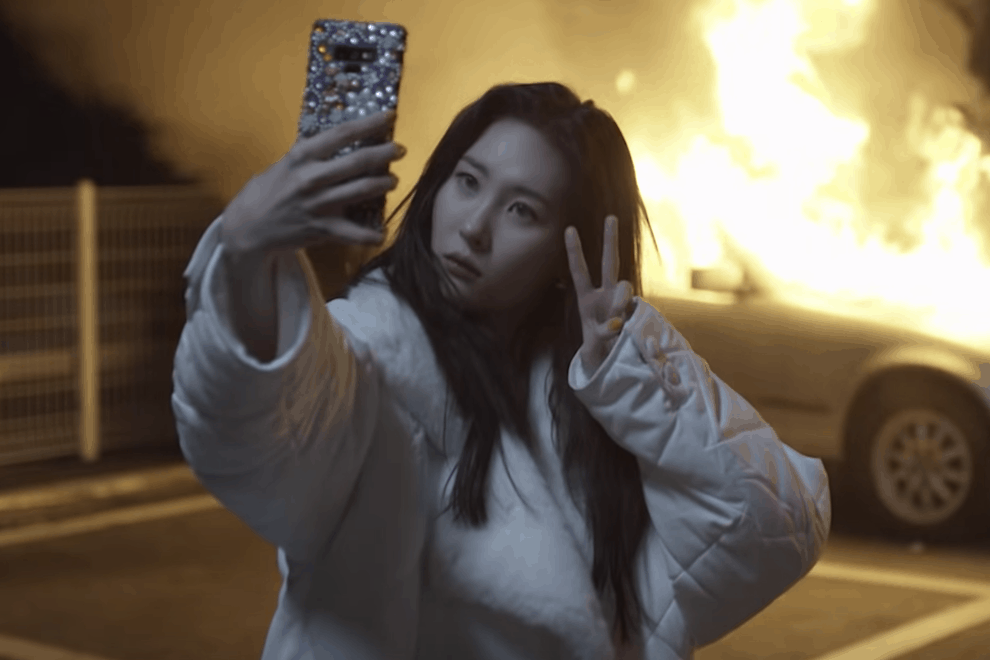
There is a good handful of rising female artists who successfully embody the girl crush concept. Sunmi, Hyorin, Hwasa, Gain, and IU are all note-worthy examples. These women are unfettered by harsh criticism and in control of their own image. All of these women have spoken against expectations, released music with social commentary, and have embraced their weird, quirky personalities to show them off to the world
As more and more females begin to control their own music, the more empowering the music can become. Lydia Paek is an extremely talented singer-songwriter and is the voice behind hits such as “Don’t Cry” (Park Bom), “Ugly” and “I Love You” (2NE1), and “As If It’s Your Last” (Black Pink). Despite being dolled up, the power behind “No” remains as the female voices of creative production are infused within the song, coming from Soyeon, along with CLC members Sorn and Yeeun.
Music is a responsibility, as RM from BTS eloquently mentioned from his UN speech:
After releasing the “Love Yourself” albums and launching the “Love Myself” campaign, we started to hear remarkable stories from our fans all over the world, how our message helped them overcome their hardships in life and start loving themselves. These stories constantly remind us of our responsibility.”
RM, BTS
The girl crush concept is a concept that comes with a responsibility towards female rights and representation, and when employed wisely will be useful in empowering women all over the world.
(BBC, Color Coded Lyrics [1][2], The Guardian, Korea Times, Kpop Map, K-Star Live, Naver, The People History, Quartz [1][2], Retrowaste, Tarabu, Unicef, Wikipedia. Images via Cube Entertainment, Economist, JYP Entertainment, K-Star Live, Makeus Entertainment, Making Music Mag, Quartz, YG Entertainment)
